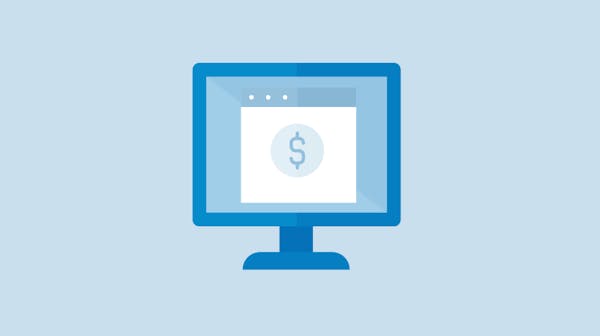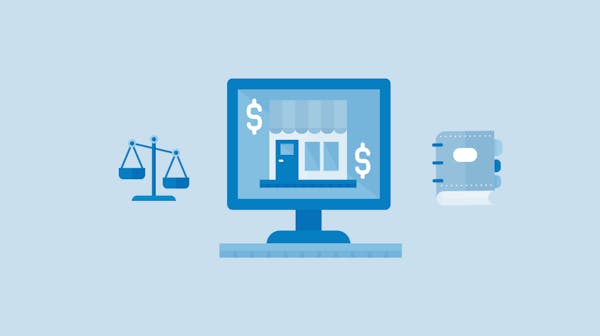Enforcing late fees on overdue invoices requires a careful balance between legal compliance and effective communication. You can charge late fees by diligently following your contract terms and maintaining professional dialogue, but there is much more to it to preserve client relationships and uphold the reputation of your business.
Review Your Initial Agreement
Ensuring a clear understanding of the original contract is fundamental. It's crucial to have established and agreed-upon terms about late fees in your initial agreement with the client. Locate the section detailing the late fee policy. Pay attention to the specific amounts or percentages outlined, as well as the conditions necessary for these fees to apply—such as the number of days past the invoice due date.
Communicate Late Fee Policies Ahead of Time
When you begin a new project, it's often helpful to walk through the payment terms with your client. An example of language you could include in your contract might be, "Payments are due within 30 days of the invoice date. Late payments may be subject to a fee of 2% per month on the remaining balance."
Tip: Discuss late fee policies during your initial meetings to ensure there is no confusion later on.
Notification Before Charging Late Fees
Before you apply late fees, send a reminder notice to your client. This may include a statement of the account and a copy of the original invoice with a polite but firm reminder of the pending late fee. Keep a record of all communications for legal protection and to maintain a clear paper trail.
Legal Considerations
Be aware of local laws and regulations regarding late payment fees to ensure your charges are enforceable. Create a checklist that considers the legal framework of your jurisdiction and avoid overcharging, which could render the fee invalid. Common legal pitfalls include not having an agreed-upon late fee policy or charging excessive fees.
Charging the Late Fee
Once you've verified your contractual right to charge a late fee and sent a reminder, it's time to apply the fee to the invoice. If you agreed on a flat fee, add that amount to the total due. For a percentage charge, calculate the fee based on the outstanding balance. You may decide to issue a new invoice with the late fee included or amend the existing invoice—whichever aligns with your standard business practices.
Example: For an invoice of $1000, a late fee of 5% per month would result in a charge of $50.
Communicate About the Late Fee Enforcement
Now you must inform your client that the late fee has been enforced. Start the conversation with empathy, understanding the client's situation, but be clear about the overdue invoice and the application of the late fee. This communication can be in person, over the phone, or through an email.
Offer Solutions and Flexibility
While it's important to enforce your policies, offering solutions like payment plans or a brief extension can maintain good client relations. Payment plans can help clients manage larger unpaid balances, and extensions allow goodwill to potentially salvage a business relationship.
Maintain and Update Terms for Future Transactions
Finally, ensure your payment terms and conditions are clear and consistently applied across all clients. Regularly review and update your contract terms to accommodate any changes in legislation or business structure.
Tip: Stay informed about pertinent legal updates that could affect your payment terms, and don't hesitate to amend your agreements to reflect these changes.
Take advantage of InvoiceOnline, which allows you to create secure, compliant invoices online in minutes, with no registration required and a free trial - ensuring you're always on the right side of the law.




